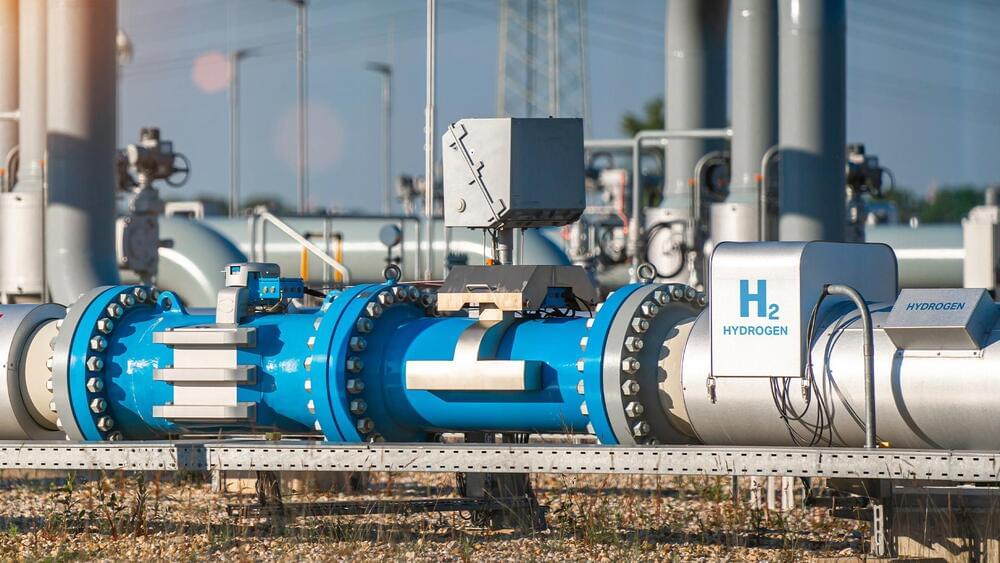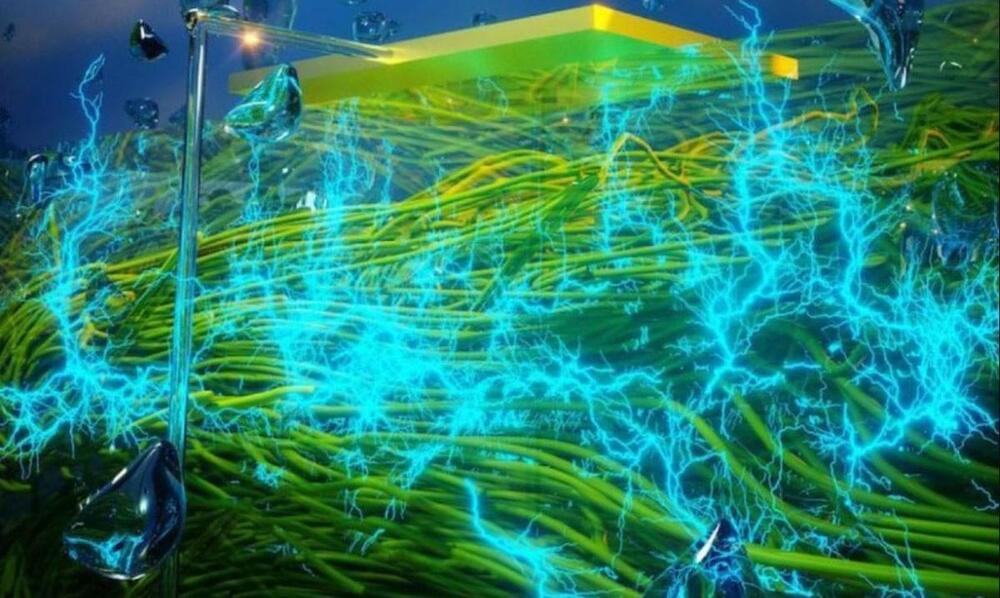The method requires only visible light and no external heating.
Hydrogen sulfide, infamous for its aroma of rotten eggs, is known to be highly poisonous and corrosive — especially in wastewater applications. Petrochemical plants and other industries make thousands of tons of this gas every year as a byproduct of various processes that separate sulfur from petroleum, natural gas, coal, and other products.
Now, Rice University engineers and scientists have devised a new way for such petrochemical industries to turn the noxious gas into “high-demand” hydrogen gas.
Audioundwerbung/iStock.
Rice engineer, physicist, and chemist Naomi Halas and the team have created a method that derives energy from light and employs gold nanoparticles to convert hydrogen sulfide and sulfur in one step.







